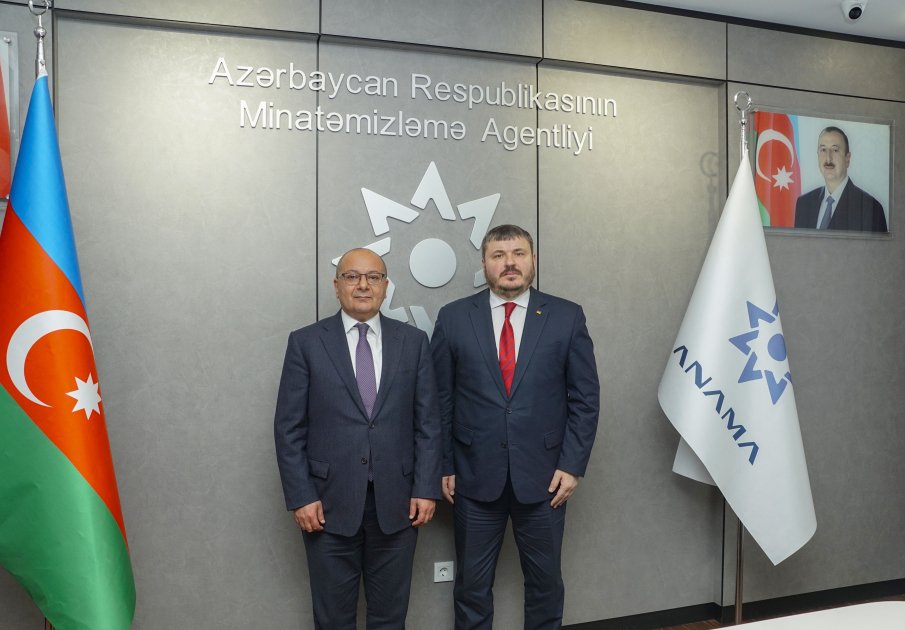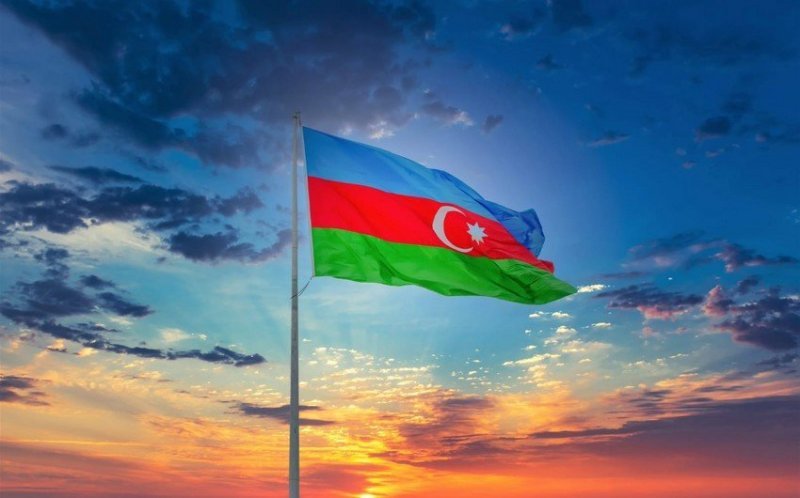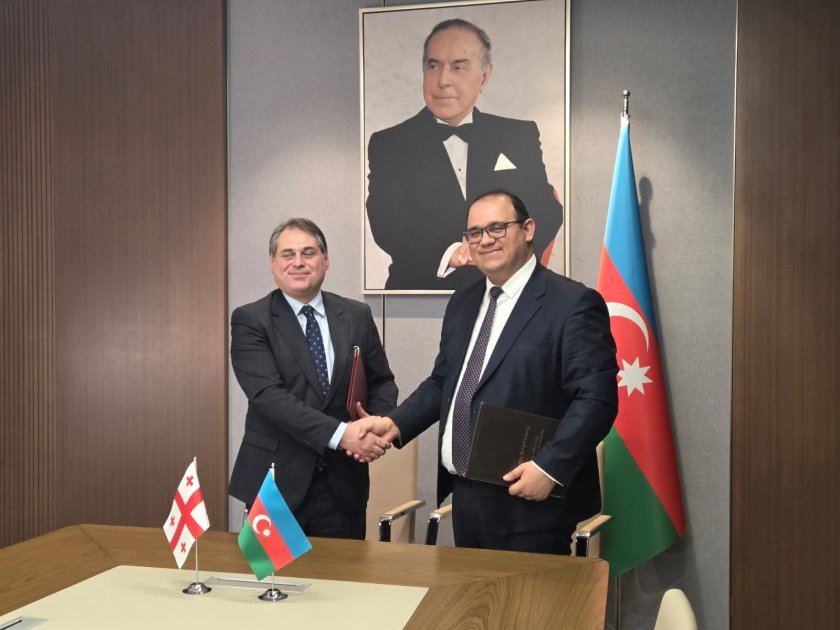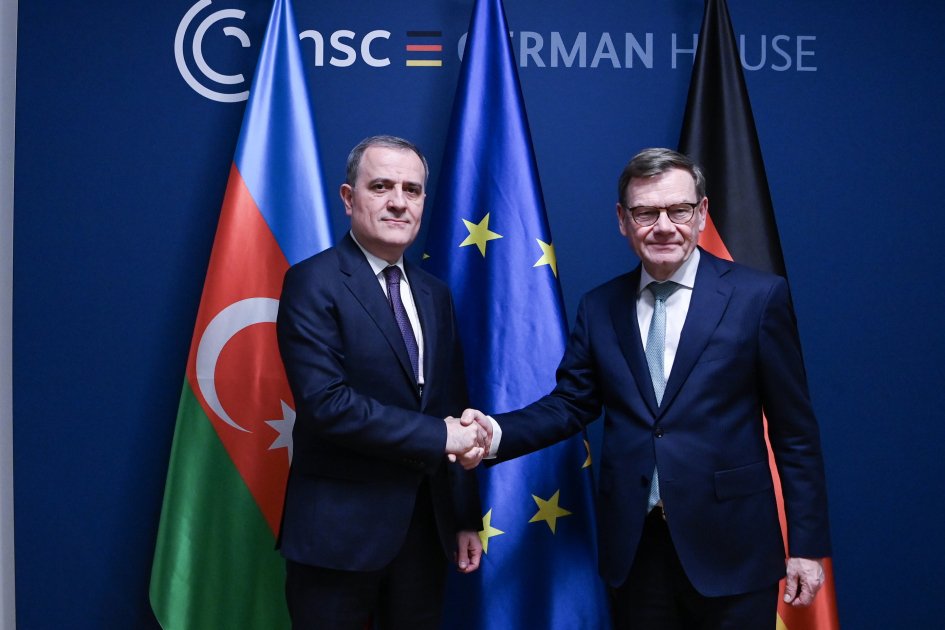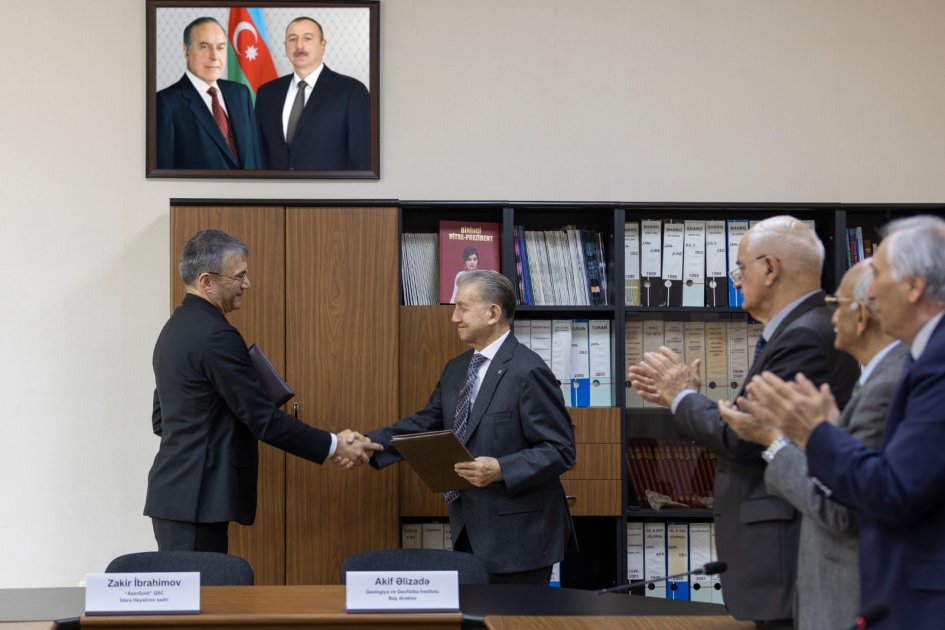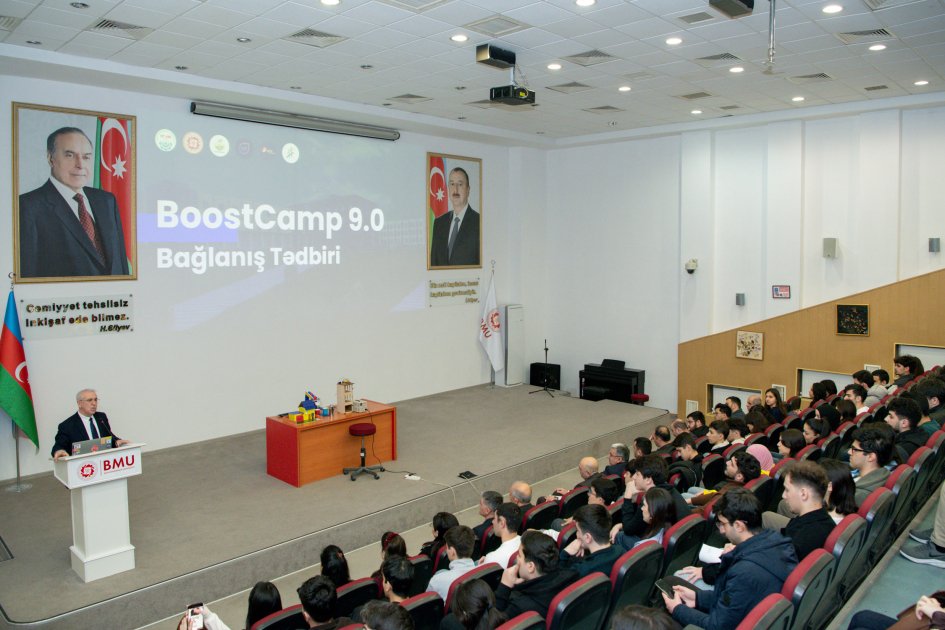Baku, June 24, 2025 — The Europe Today: Azerbaijan’s Ministry of Foreign Affairs has strongly rejected the recent statement issued by Armenia’s Ministry of Foreign Affairs on June 23, 2025, concerning the “Istanbul Declaration” and the resolutions adopted during the 51st Session of the Council of Foreign Ministers of the Organization of Islamic Cooperation (OIC).
In an official response, Aykhan Hajizada, Spokesperson for the Azerbaijani Ministry of Foreign Affairs, described Armenia’s statement as “baseless,” accusing it of distorting the content of internationally adopted documents and misrepresenting historical facts.
“Armenia’s attempt to twist the facts is yet another example of its ongoing efforts to undermine the peace process and mislead the international community,” Hajizada stated.
OIC Resolutions Grounded in Justice and Historical Fact
Hajizada highlighted that the OIC’s resolutions, including the one titled “The Right of Return of the Azerbaijanis Forcefully and Systematically Expelled from the Territory of the Present-Day Armenia”, are grounded in historical reality, international law, and the principles of justice.
“Contrary to Armenia’s claims, the systematic expulsions of Azerbaijanis from present-day Armenia were not voluntary. They were accompanied by violence, intimidation, and gross human rights violations,” he asserted. “The OIC’s support for the right of return is a call for justice and the restoration of fundamental rights — not a territorial claim, as falsely portrayed by Armenia.”
Context of 2023 Anti-Terror Measures
Responding to Armenia’s criticism of Azerbaijan’s 2023 anti-terrorism measures, Hajizada stressed that the remarks were misleading and omitted critical context. He noted that Armenia’s nearly 30-year illegal occupation of Azerbaijani territories displaced over 700,000 Azerbaijanis and that Azerbaijan’s actions in 2023 were aimed at restoring its territorial integrity in accordance with international law.
Recognition of the Khojaly Genocide
The spokesperson also rejected Armenia’s dismissal of the OIC resolution on the Khojaly genocide. “The atrocities committed by Armenian armed forces in Khojaly in February 1992, in which 613 Azerbaijani civilians — including women and children — were brutally massacred, constitute a crime against humanity,” Hajizada said. “This tragic event has been documented by international human rights organizations and recognized by numerous states.”
He added that Armenia’s continued denial of responsibility for such crimes, along with the destruction of Azerbaijani cultural heritage during the occupation, undermines its credibility as a genuine participant in the peace process.
Armenia’s Actions Contradict Its Peace Rhetoric
Hajizada pointed out the contradiction between Armenia’s declared commitment to peace and its obstructive actions in practice. “While Azerbaijan has consistently advocated for a comprehensive peace agreement based on mutual respect for sovereignty and territorial integrity, Armenia has repeatedly avoided meaningful engagement on key issues,” he noted.
He welcomed the OIC’s call for Armenia to remove obstacles to the timely signing of a peace agreement, aligning with the international community’s expectations for lasting stability in the South Caucasus.
Call to End Revisionism and Assume Responsibility
Concluding his remarks, Hajizada emphasized that Armenia’s attempts to politicize the OIC’s principled position and avoid accountability will not distract Azerbaijan from its pursuit of a just, sustainable, and lasting peace.
“We urge Armenia to abandon its revisionist rhetoric and acknowledge its historical responsibilities,” he said. “A sincere commitment to peace requires facing the truth, not rewriting it.”
The 51st Session of the OIC Council of Foreign Ministers, held in Istanbul, reaffirmed the organization’s full support for Azerbaijan’s sovereignty, territorial integrity, and the legitimate rights of displaced Azerbaijani populations.


